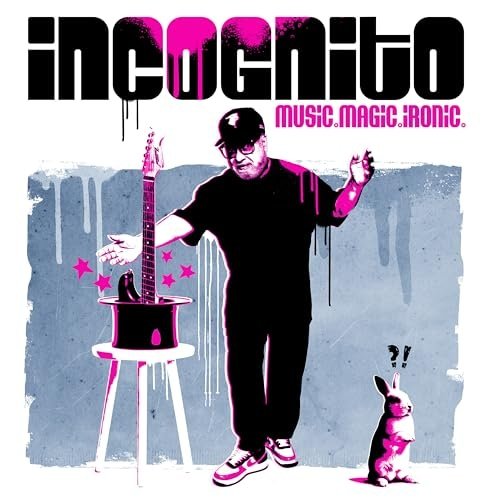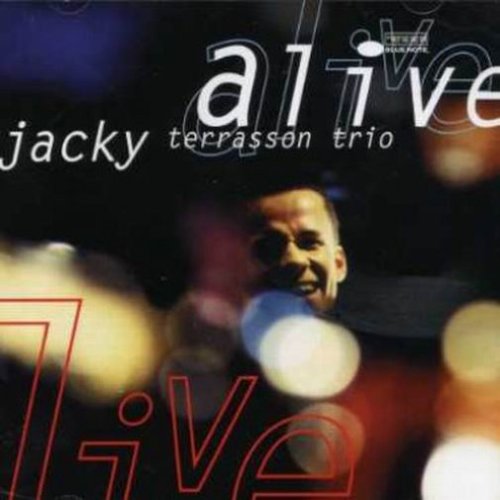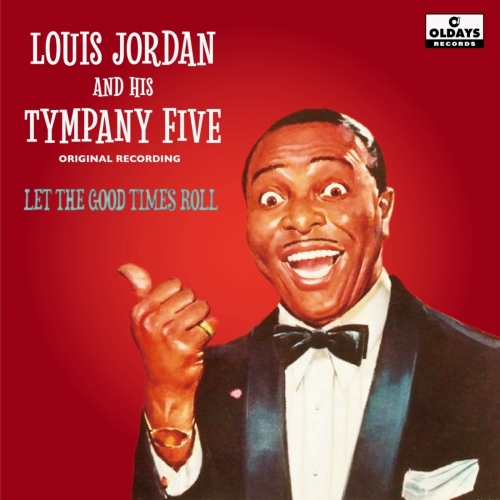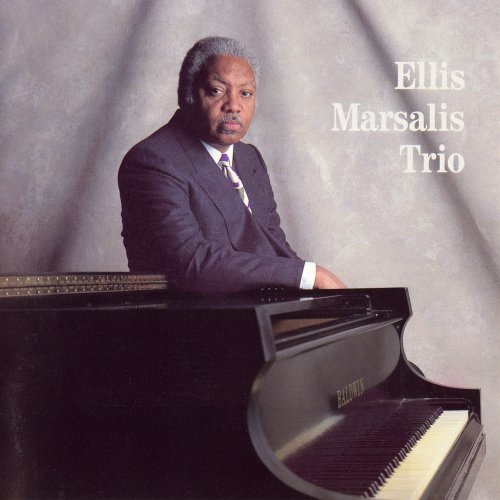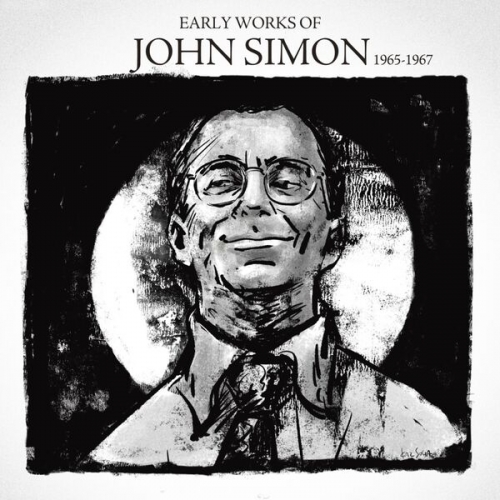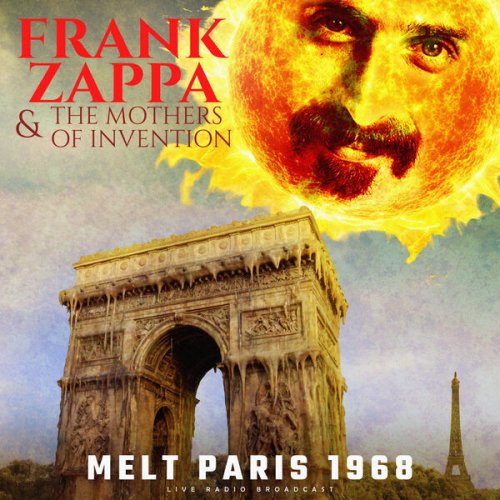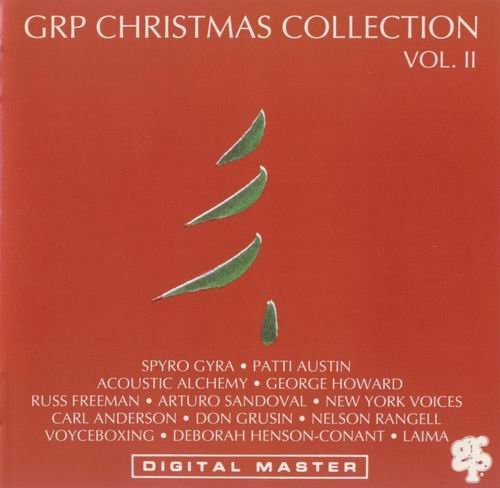Baiba Skride - W.A. Mozart & M. Haydn: Violin Concertos (2005)
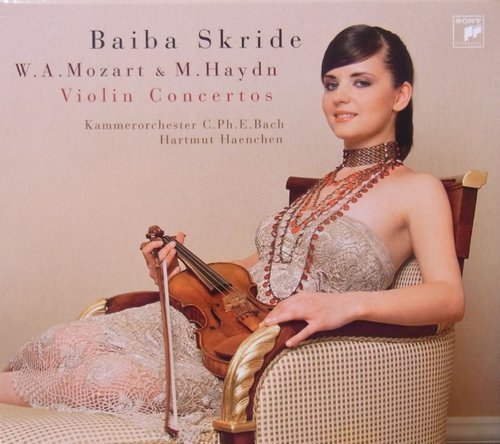
Artist: Baiba Skride, Kammerorchester Carl Philipp Emanuel Bach, Hartmut Haenchen
Title: Mozart, Haydn: Violin Concertos
Year Of Release: 2005
Label: Sony
Genre: Classical
Quality: FLAC (tracks + .cue)
Total Time: 1:06:30
Total Size: 314 MB
WebSite: Album Preview
Tracklist:Title: Mozart, Haydn: Violin Concertos
Year Of Release: 2005
Label: Sony
Genre: Classical
Quality: FLAC (tracks + .cue)
Total Time: 1:06:30
Total Size: 314 MB
WebSite: Album Preview
Violin Concerto No.3 in G major, K.216
01. I. Allegro (10:07)
02. II. Adagio (08:37)
03. III. Rondeau: Allegro (06:34)
04. Rondo No.2 in C major, K.373 (05:42)
05. Rondo in A major, D 438 (13:44)
Violin Concerto in B-flat major, Perger 53
06. I. Allegro moderato (08:52)
07. II. Adagio (07:46)
08. III. Allegro molto (05:08)
Performers:
Baiba Skride - violin
Kammerorchester Carl Philipp Emanuel Bach
Hartmut Haenchen - conductor
Baiba Skride, a winner of the Queen Elisabeth Competition, adds an individual touch or two to the first movement of Mozart’s Third Concerto (so does the orchestra, converting the occasional appoggiatura to an unfamiliar form). And while Mozart’s work surely allows some room for identifiable personality, it may not accommodate as much as she might have displayed in, say, Tchaikovsky’s Concerto, with which she won the competition. And, in fact, she doesn’t push the envelope unduly, although she does assert her individuality more fully in Franko’s cadenza, which she plays with winning warmth. The slow movement brings more unusually realized appoggiaturas, which, however, hardly distract attention from the fact that, overall, Skride and the orchestra play this Adagio with preternatural naturalness and radiance. Skride puts unusual touches on the Finale as well, substituting alternative figuration in the second half of the middle section, after taking the first half slower and less pertly than usual. Skride also makes the Rondo her own, while not taking it from Mozart. If Mozart wrote to his father that one of his performances went “like oil,” it might have sounded something like this. Anne-Sophie Mutter’s early Mozart recordings (including her début with Karajan in Mozart’s Third Concerto) displayed some of this bloom and freshness, but it’s rare—and most welcome.
Skride darkens her approach somewhat for Schubert’s Rondo, demonstrating the early Romantic sensibility that underlies the work, especially in the introduction; in fact, though, episodes in the Rondo interrupt the work’s cheery good nature with digressions in this more thoughtful manner, and Skride incorporates them without disturbing the work’s predominant affect. Gidon Kremer however, included a more dramatic performance of the Rondo in his “Schubert: Soirée” (Deutsche Grammophon 437 535, 17: 6—though Skride’s “digressions” sound plenty dramatic). By comparison, I suggested in 28:6 that Mela Tenenbaum’s reading, included in a collection she recorded with Richard Kapp (Ess.A.Y 1082), “eschewed chutzpah in favor of a more gemütlich Schubertian warmth”; there’s less angularity in Skride’s phrasing and even in Skride’s tone than there is in hers.
Michael Haydn’s Concerto in B? Major may offer the soloist singing passages, but it’s plenty plucky, and both the soloist and the ensemble explore both sides of this work, less suave than Mozart’s but nevertheless not deficient in charm. The slow movement offers Skride an opportunity to display the richness of her tone, especially in the middle registers and on the G string. She matches the orchestra’s exuberance in the finale with sparkling yet consistently sonorous passagework.
While the engineers have captured the orchestral sound’s richness, with bright woodwind highlights in Mozart and buoyant string bounce throughout, they have set Skride center stage (though not offensively so), representing well the sweet, pure quality of her tone and the sparkle of her articulation. For its individual yet unmannered performances, Skride’s collaboration with Haenchen deserves a strong commendation to all types of listeners. -- FANFARE: Robert Maxham
Skride darkens her approach somewhat for Schubert’s Rondo, demonstrating the early Romantic sensibility that underlies the work, especially in the introduction; in fact, though, episodes in the Rondo interrupt the work’s cheery good nature with digressions in this more thoughtful manner, and Skride incorporates them without disturbing the work’s predominant affect. Gidon Kremer however, included a more dramatic performance of the Rondo in his “Schubert: Soirée” (Deutsche Grammophon 437 535, 17: 6—though Skride’s “digressions” sound plenty dramatic). By comparison, I suggested in 28:6 that Mela Tenenbaum’s reading, included in a collection she recorded with Richard Kapp (Ess.A.Y 1082), “eschewed chutzpah in favor of a more gemütlich Schubertian warmth”; there’s less angularity in Skride’s phrasing and even in Skride’s tone than there is in hers.
Michael Haydn’s Concerto in B? Major may offer the soloist singing passages, but it’s plenty plucky, and both the soloist and the ensemble explore both sides of this work, less suave than Mozart’s but nevertheless not deficient in charm. The slow movement offers Skride an opportunity to display the richness of her tone, especially in the middle registers and on the G string. She matches the orchestra’s exuberance in the finale with sparkling yet consistently sonorous passagework.
While the engineers have captured the orchestral sound’s richness, with bright woodwind highlights in Mozart and buoyant string bounce throughout, they have set Skride center stage (though not offensively so), representing well the sweet, pure quality of her tone and the sparkle of her articulation. For its individual yet unmannered performances, Skride’s collaboration with Haenchen deserves a strong commendation to all types of listeners. -- FANFARE: Robert Maxham
